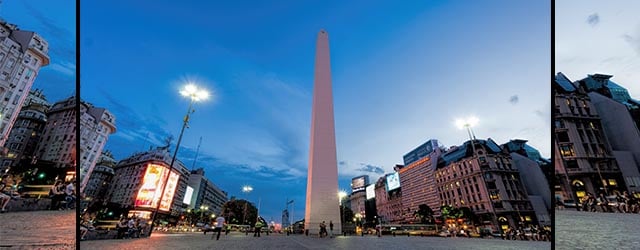It’s been a long time coming, but Argentina is finally back. In mid-April, after being frozen out of global capital markets for 15 years, the country sold $16.5 billion of debt in an offering that was more than four times oversubscribed—the biggest bond ever sold in an emerging market.

Argentina has been in the economic wilderness since defaulting on some $95 billion in sovereign debt in 2001. After a group of creditors refused to accept a government restructuring deal, Argentina waged a long war in international courts that resulted in a second default in 2014.
In the meantime, the country’s economy suffered from years of poor policy and its international pariah status. The disastrous presidencies of Peronists Néstor Carlos Kirchner from 20032007 and his wife, Cristina, through last year, saw sky-high inflation, capital controls, a breakdown in the rule of law, and government meddling in every aspect of everyday life.
“When people consider the worst that could happen to their country, they think of totalitarianism… [but] the real danger is inadvertently becoming the Argentina of the 21st century,” The Economist wrote in early 2014.
Things finally started to move with the election last year of Mauricio Macri, who is taking his presidential mandate for change seriously. Settling with creditors was a critical step, allowing the country to tap international markets to reduce the budget deficit, which is central to its plan of lower inflation and higher growth.
“The issuance of external debt is likely to have a significant impact on the economy over the medium term; it will boost capital inflows, provide support to the peso and allow the country to run a larger current-account deficit, thereby raising economic growth,” says Capital Economics.
But Macri is racing against the clock. The new government’s policies need to start showing results. The opposition Peronist party still holds a majority in the senate, and Argentina’s electorate has for decades shown a preference for a unique brand of economically destructive populism.
And while Macri has done all the right things, keeping power is still at the top of his agenda. “If growth doesn’t pick up, [the government’s] commitment on the fiscal consolidation front may waver as Macri looks to maintain popularity and win the elections,” warned Daniel Kerner of political risk consultancy Eurasia Group.



